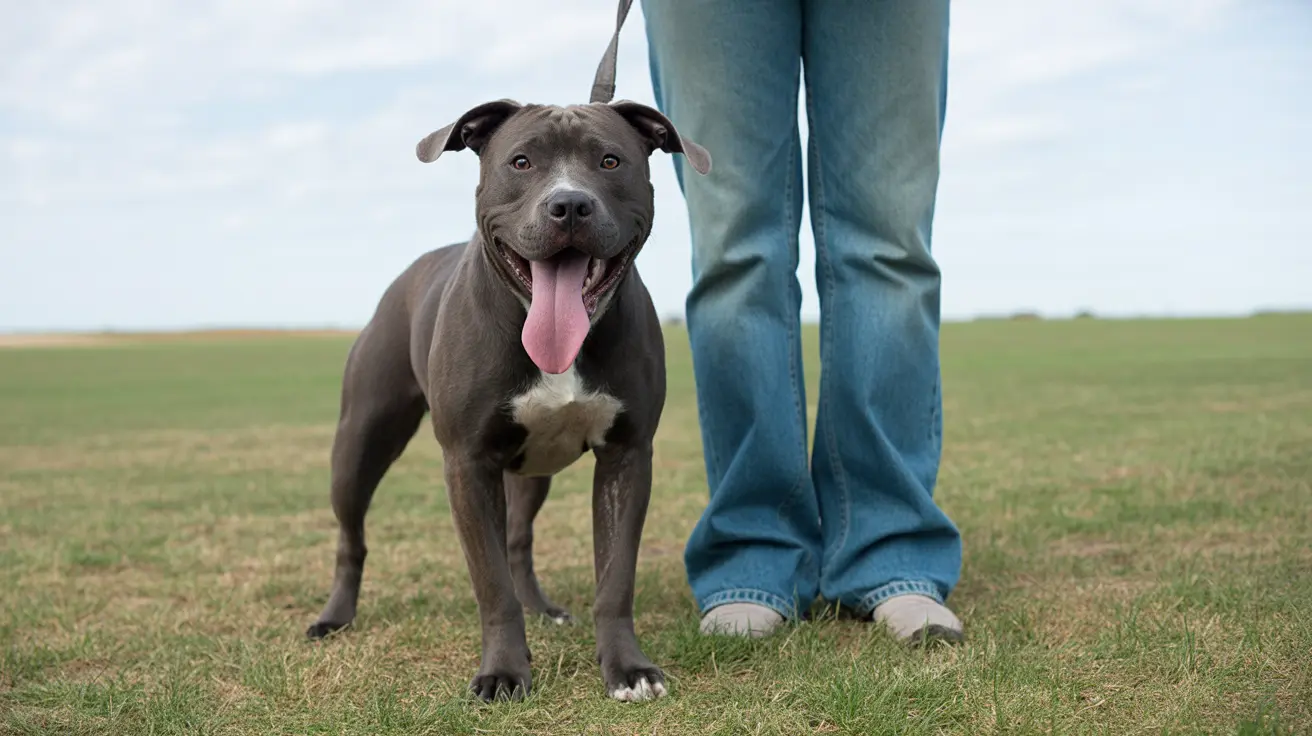Can Black Beans Help with Dog Constipation?
Many pet owners are exploring natural dietary options to support their dogs’ digestive health, especially when dealing with mild constipation. Black beans, commonly used in human diets, are rich in fiber and plant-based protein, which makes them a nutritious supplement when introduced cautiously into a dog’s diet. But can they really help relieve constipation in dogs? Here's an in-depth look at the suitability of black beans for canine digestion.
Benefits of Black Beans for Dogs
When properly cooked and served without any seasonings or oils, black beans can provide several nutritional benefits that may aid your dog’s digestive system:
- Fiber: Helps regulate bowel movements by adding bulk to stools.
- Plant-based protein: Supports muscle maintenance, though not a primary protein source for dogs.
- Low in fat: Contributes to weight management, supporting overall health.
- Vitamins and minerals: Includes iron, potassium, magnesium, and vitamins C and K, which enhance general well-being.
The fiber content in black beans can be particularly helpful for dogs that suffer from occasional constipation, as it promotes better digestive motility and firmer stools.
Precaution: Proper Preparation is Essential
Although black beans can be beneficial, improper preparation can lead to health issues. Raw or undercooked beans contain natural compounds like lectins and phytohemagglutinins, which are mildly toxic and difficult for dogs to digest.
To ensure safety:
- Soak dried beans overnight and rinse thoroughly.
- Boil until completely soft without adding salt, spices, or oils.
- Avoid canned beans with sodium or added flavorings.
- Never feed beans cooked with garlic, onions, or sauces, as these are toxic to dogs.
Feeding Guidelines
Portion control is critical when feeding black beans to dogs:
- Start with small amounts—1 tsp for small dogs and up to ½ a cup for large dogs.
- Use as an occasional treat, no more than once per week.
- Monitor your dog for any signs of bloating, gas, or digestive discomfort.
Daily consumption is not recommended, as too much fiber at once can exacerbate digestive issues rather than solving them.
Potential Side Effects
While black beans are generally safe in moderation, watch for these symptoms:
- Gastrointestinal discomfort: Excess gas, bloating, vomiting, or diarrhea.
- Allergic reactions: Skin redness, itching, or behavioral changes.
If any of these symptoms occur, discontinue bean feeding and consult your veterinarian.
Can Puppies Eat Black Beans?
Puppies have more sensitive digestive systems, so caution is advised. If you choose to introduce black beans:
- Use very small, plain, cooked portions.
- Mix with their regular food.
- Observe for signs of intolerance such as upset stomach or changes in stool.
Best Practices for Including Beans in a Dog’s Diet
- Cook beans thoroughly, always plain with no seasonings.
- Feed in moderation as an occasional supplement, not a staple.
- Mix small portions into regular meals.
- Watch for signs of negative reactions.
- Consult a vet before making significant dietary changes.
Beans should never replace meat-based proteins in your dog's diet but can serve as a beneficial treat when appropriately prepared and offered sparingly.
Conclusion
Black beans can support digestive health and help with mild constipation in dogs thanks to their fiber content. However, proper preparation and portion control are essential to prevent adverse effects. Always cook them plain, feed in moderation, and consult your vet for personalized dietary guidance.





